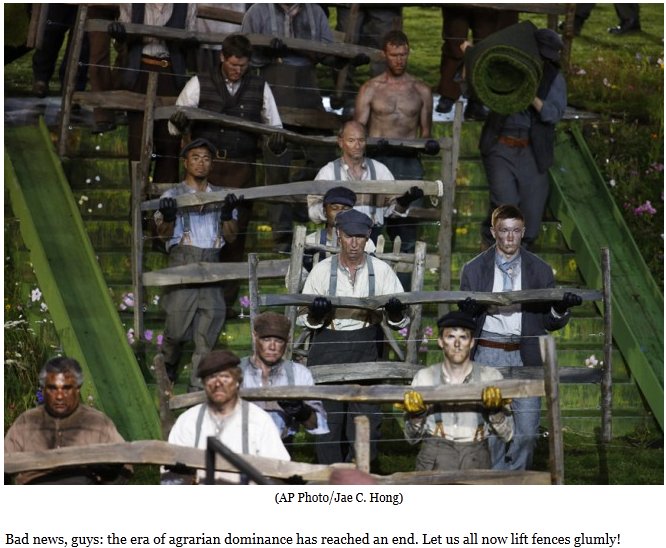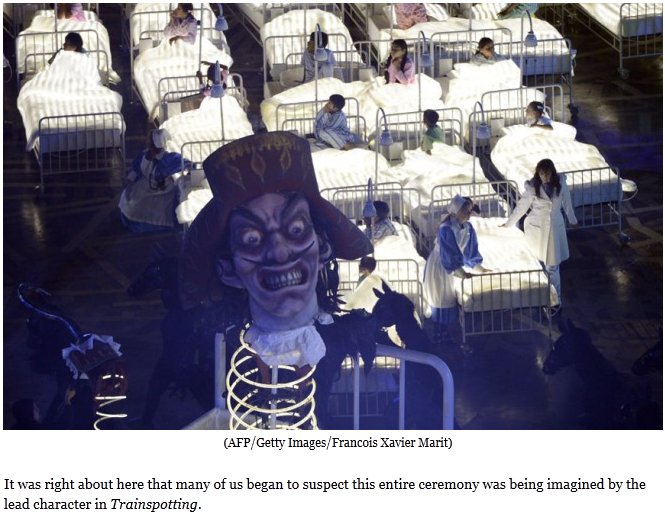Yes, the headline is taken out of context. Here’s the context:
Granted, we already knew that World War II was brutal. What, then, can Beevor add to this horridly familiar tale? Or, stated differently, do we need another history of that war? Yes, we do. While the war itself remains a constant, the way it is viewed evolves according to changing moral perceptions. In late 1945, for instance, the Tokyo War Crimes Tribunal decided to suppress evidence of cannibalism in order not to traumatize the families of soldiers who died in Japanese prison camps. Beevor thinks that this once-taboo story needs now to be told. He’s probably right. His skill lies in telling it without descending into gratuitous horror.
The challenge that confronts historians is how to convey the immensity of total war without losing sight of singular torment. Too often, the grandeur of great battles smothers the suffering of the individual. Soldiers become battalions that attack on faceless flanks. “One death is a tragedy,” Stalin famously remarked. “A million deaths a statistic.” In the grand narrative, human beings disappear. War is thus sanitized; Stalingrad and Normandy are re-created without the detail of men and women screaming in agony. That is how some readers like it — war without the carnage and putrefaction, without the dismembered limbs and torn faces.
But that is chess, not war. Good military history should stink of blood, feces and fear. Beevor’s book stinks. It reconstructs the great battles but weaves in hundreds of tiny instances of immense suffering. War is presented on its most personal level. We learn not only of the vanity of Gen. Mark Clark, the cruelty of Gen. George Patton and the stupidity of Gen. Maurice Gamelin, but also of the terrible misery endured by what the poet Charles Hamilton Sorley once called “the millions of mouthless dead.” Very few heroes emerge, because heroes are too often cardboard constructs. Detail adds nuance and dimension, clouding characteristics worthy of worship. “Say not soft things as other men have said,” warned Sorley to those who wanted to remember war. Beevor constructs a true picture by avoiding soft things. The book brims with horror, but so it should.




 Getting up on the curmudgeonly side of the bed,
Getting up on the curmudgeonly side of the bed, 

